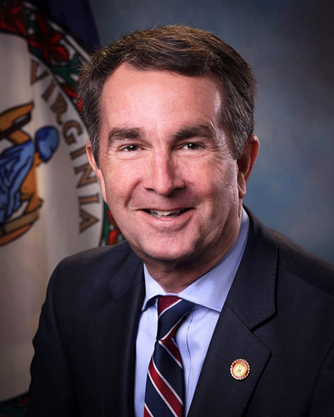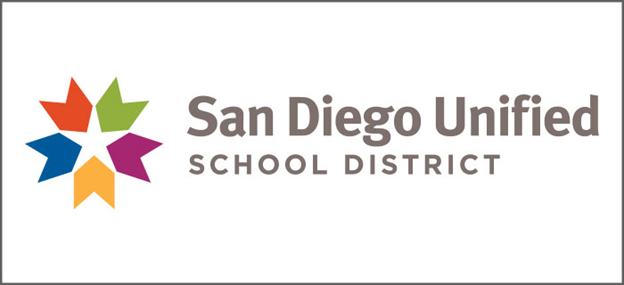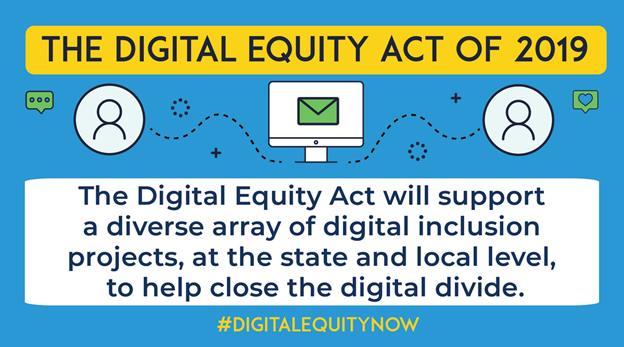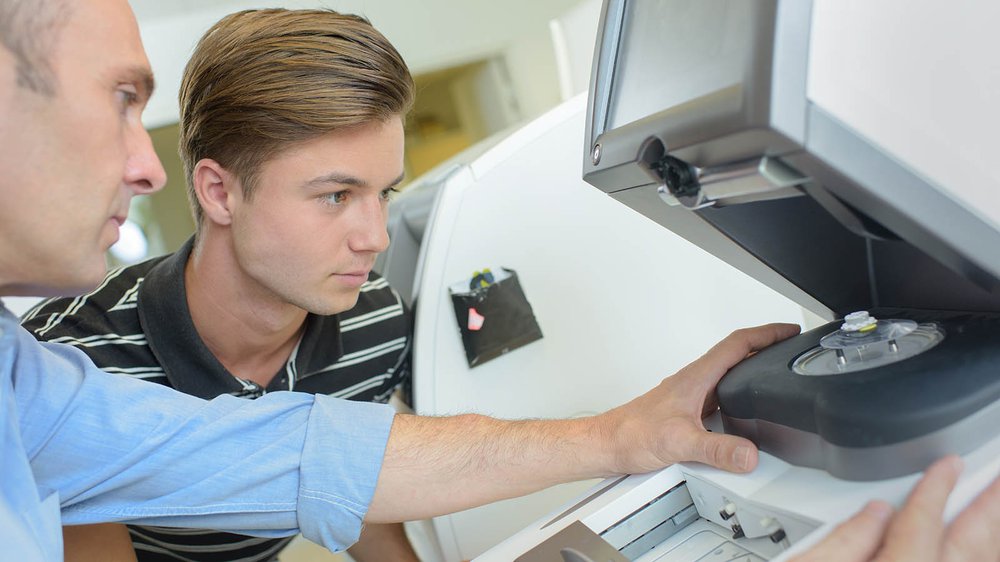Gov. Northam gives $600,000 in grants to upgrade schools' career and technical education program – By Ida Domingo, WSLS.com
Schools in Lynchburg, as well as Franklin and Montgomery counties, will receive $37,500 each in grant funding to upgrade equipment for career and technical education programs, Gov. Ralph Northam announced Tuesday.
The funding is part of the $600,000 being given to 16 high schools and technical centers in Virginia through a competitive grant.
“Just like pencils, paper, and books, modern technology and equipment are necessary tools for providing high-quality and hands-on learning to students,” said Atif Qarni, secretary of education.
Schools awarded in our region include:
- Franklin County High School (electronic HVAC simulation trainer)
- Lynchburg Regional Governor’s STEM Academy (automated robotics and mechatronic digital electronics equipment)
- Governor’s STEM Academy at Christiansburg High School (advanced manufacturing equipment: waterjet cutting 3D printer and vibratory finishing chamber)
“Technology is ever-changing, and our career and technical education programs must have the up-to-date equipment necessary to prepare Virginia students for the jobs of tomorrow, which includes industries like high-tech manufacturing, bioengineering, health care, and skilled trades,” Northam said.

How should schools approach teaching, measuring whole-child competencies? – By Hessica Campisi, Education Dive
With recent research highlighting the benefits of social and emotional development in preparing students for the workforce, experts at the 2019 Reagan Institute Summit on Education (RISE) discussed the implementation and measurement of whole-child educational competencies in schools.
Linda Darling-Hammond, president and CEO of the Learning Policy Institute, said many students don't have social-emotional competencies needed for today's workforce — such as self-regulation and executive function skills — and they need to be explicitly taught at an early age. Afterward, infusing these skills into instruction can be as easy as making time for peer essay review or promoting effective group work, she said.
However, the ability to measure these skills "hasn't caught up to the enthusiasm," Darling-Hammond said, and Marc Sternberg of the Walton Family Foundation added that teachers need to know how they will be held accountable for teaching these skills. Other issues, former Assistant U.S. Education Secretary Chester Finn Jr. added, include potentially less rigorous academics and an even heavier burden on educators.

What Does Your School Schedule Say About Equity? More Than You Think. – By Adam Pisoni and Diane Conti, EdSurge
In Fall 2017, when Hoover High School in San Diego’s Unified School District began building the next year’s master schedule, school leaders discovered something concerning. Some of the students who needed extra support—English learners, special-education students, and others in need of academic interventions—were more likely to be scheduled in larger classes with less experienced teachers. They were also significantly underrepresented in Advanced Placement courses, and were often separated from other students throughout the day because of how their intervention blocks were scheduled.
This problem is not unique to Hoover. A growing body of research shows that outcomes for students diverge not just within districts, but within individual classrooms and schools. Improvements to pedagogical practices are critical, but insufficient, when students have unequal access to rigorous courses, academic programs, and experienced teachers.
To systematically address these inequities, decision-makers must understand the processes that create them. Increased funding alone will not address endemic achievement gaps, because equity is more than just a fiscal or pedagogical challenge; it is also an operational one.

Edtech leaders praise $250 million 'Digital Equity Act' for state and local government – By Betsy Foresman, Edscoop
Leaders in the edtech community praised the introduction of the Digital Equity Act of 2019 to the Senate on Thursday, which aims to connect more communities across the country to high-speed internet.
Sponsored by Sen. Patty Murray of Washington state, the bill would create two new grant programs to sponsor state and local initiatives, with $125 million allocated to each. Students, families and workers would benefit from the act, according to a statement from Murray’s office, through increased access to modern communications and technologies that allow meaningful participation in today’s digital age.
“This new digital equity bill constitutes a major step forward toward closing the Homework Gap and providing equitable digital access to students nationwide — regardless of where they live or their family’s income,” Keith Krueger, the chief executive of CoSN, an edtech advocacy group, said in a statement.
The State Educational Technology Directors Association, a membership association for educators, also praised the new legislation. “It’s time to close the digital divide,” the organization tweeted. So far, more than 30 organizations have endorsed the bill.












